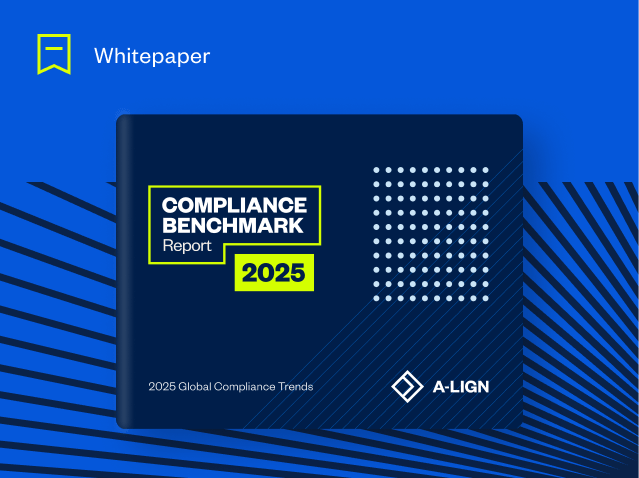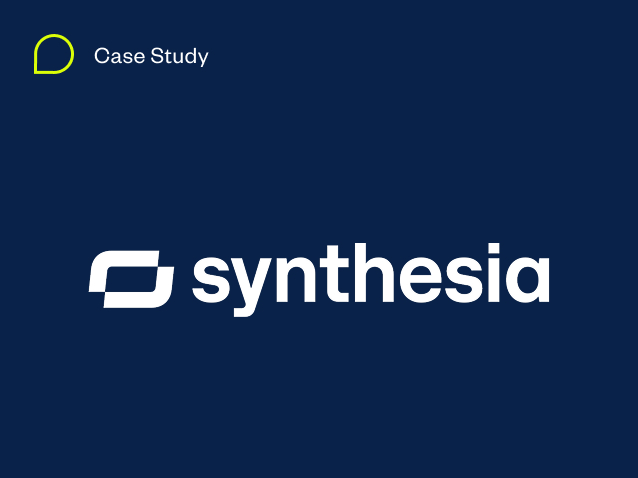Navigating the Digital Operational Resilience Act (DORA)

The Digital Operational Resilience Act (DORA) represents a significant step in ensuring financial institutions and other organizations can withstand, recover, and adapt to cyber threats and technological disruptions.
Understanding the Digital Operational Resilience Act
The Digital Operational Resilience Act, or DORA, is a legislative framework introduced by the European Union that went live on January 17, 2025. It aims to enhance the operational resilience of financial institutions by establishing uniform requirements across EU member states. This regulation focuses on safeguarding the financial system from digital disruptions that could have widespread economic impacts.
DORA was developed in response to the growing reliance on digital services and the increasing frequency of cyber incidents affecting financial institutions. By harmonizing regulations, DORA seeks to create a more robust and consistent approach to managing operational risks. It emphasizes the importance of maintaining continuity of critical services even during disruptions.
Who needs to comply with DORA?
Compliance with DORA is mandatory for a wide range of financial entities operating within the European Union, including banks, insurance companies, investment firms, and other financial market participants like fintech companies and payment service providers. Additionally, third-party service providers that offer critical services to these institutions are subject to DORA’s requirements.
The purpose behind DORA
The primary goal of DORA is to safeguard the stability and integrity of the financial system by ensuring that financial institutions can withstand and recover from digital disruptions. This includes significant cyber-attacks, technological failures, and other operational challenges that could impact business continuity.
DORA aims to reduce discrepancies in how different EU member states address digital operational resilience by establishing a unified regulatory framework. This consistency enhances the financial sector’s overall security and minimizes the potential for systemic disruptions.
Another critical purpose of DORA is to foster consumer trust in the financial system. By ensuring that institutions are equipped to handle digital risks, DORA helps maintain the integrity and reliability of financial services, ultimately benefiting consumers and investors.
What DORA covers
DORA covers a comprehensive range of areas critical to enhancing operational resilience. These areas include risk management, incident reporting, testing and assessments, and governance of third-party service providers. DORA provides a holistic approach to managing digital operational risks by addressing these essential elements.
DORA’s central focus is risk management, requiring organizations to implement measures to identify, assess, and mitigate digital risks. This involves developing robust risk management frameworks and conducting regular risk assessments to identify vulnerabilities.
Incident reporting is another crucial aspect of DORA. Financial entities are required to report significant ICT-related incidents promptly to competent authorities (e.g. initial notification within 4 hours of classification). This facilitates timely responses to incidents and enables authorities to monitor and manage risks effectively.
DORA requirements explained
DORA sets forth specific requirements for financial institutions and third-party providers to achieve its objectives. Based on the published regulation, key requirements include:
1. ICT risk management framework: Comprehensive system for identifying, assessing, managing, and mitigating ICT risks.
2. Incident reporting: Processes for managing and reporting ICT-related incidents to authorities.
3. Digital operational resilience testing: Regular testing, including vulnerability assessments and penetration testing.
4. Third-party risk management: Managing risks from ICT third-party service providers.
5. Information sharing: Promoting cyber threat and incident information sharing among entities. DORA encourages organizations to voluntary participate in cyber threat intelligence sharing arrangements that can help enhance resilience across the financial sector.
6. Governance and accountability: Clear roles and senior management oversight for ICT risk management.
Preparing for DORA compliance
DORA was introduced in January 2023 and came into full effect on January 17, 2025, meaning organizations must now meet requirements for compliance or risk penalties. This involves conducting thorough assessments of existing systems and processes to identify gaps and areas for improvement. This assessment serves as the foundation for developing a comprehensive compliance strategy.
Organizations should prioritize the development of robust risk management frameworks that align with DORA’s requirements. This includes enhancing incident response capabilities, implementing effective governance structures, and ensuring continuous monitoring of digital risks.
Engaging with stakeholders across the organization is crucial for successful compliance. This includes fostering collaboration between IT, risk management, compliance, and other relevant functions to ensure a coordinated approach to achieving digital operational resilience.
Non-compliance with DORA may result in administrative penalties, including fines and corrective measures imposed by national competent authorities.
Conclusion
The Digital Operational Resilience Act represents a significant milestone in enhancing the resilience of financial institutions in the digital age. DORA aims to protect consumers, maintain economic stability, and foster trust in the financial system by establishing uniform requirements for managing digital risks.
For organizations subject to DORA, compliance efforts should be approached proactively and comprehensively. By prioritizing ICT risk management, incident response, and collaboration with third-party providers, organizations can achieve digital operational resilience and position themselves for success in an increasingly interconnected world.
The path to digital operational resilience may present challenges, but it also offers opportunities for growth and innovation. By embedding resilience into their operational strategies, organizations can thrive in digital disruptions and build a more robust, secure financial ecosystem.





